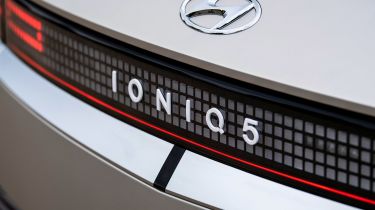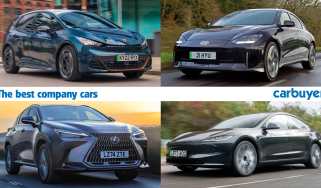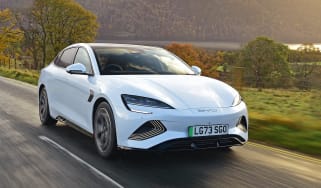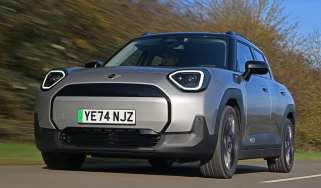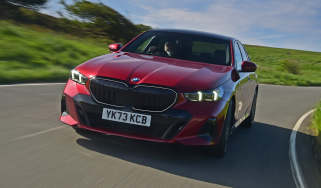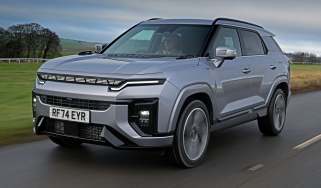Hyundai Ioniq 5 review - Reliability & safety
It's completely new but we wouldn't expect the Ioniq 5's reliability to be a problem
Hyundai was one of the first manufacturers to release mainstream electric models, and its experiences from the Hyundai Ioniq Electric and Hyundai Kona Electric should prove valuable. Unlike those models, the Ioniq 5 has been built from the ground up to be electric, so all the know-how and data the manufacturer has gleaned from millions of real-world miles can be used to improve reliability along with performance.
Hyundai came 17th overall out of 32 manufacturers in our 2023 Driver Power survey, with 21% of owners reporting a fault within the first 12 months. This is a bit behind rivals Toyota (12th place with 15%) and Peugeot (ninth with 19%). While sister brand Kia came in a higher sixth place overall, its fault rate of 25% was actually a bit higher than Hyundai’s.
Safety
The Ioniq 5 scored the full five stars when it was crash-tested by Euro NCAP in late 2021. That included an 88% score in the adult occupant category and 86% for child occupants. The safety assist systems also received an impressive 88% rating.
Modern cars come with a long list of assistance tech as standard, and the Ioniq 5 features forward-collision avoidance with pedestrian and cyclist detection, traffic-sign recognition with a speed-limit alert, lane-keep assist that can detect white lines and the edge of the road, plus blind-spot detection. You can set which systems are active, but they default to on every time you start the car, so you have to navigate the car’s menus before you drive off to reset them again.

